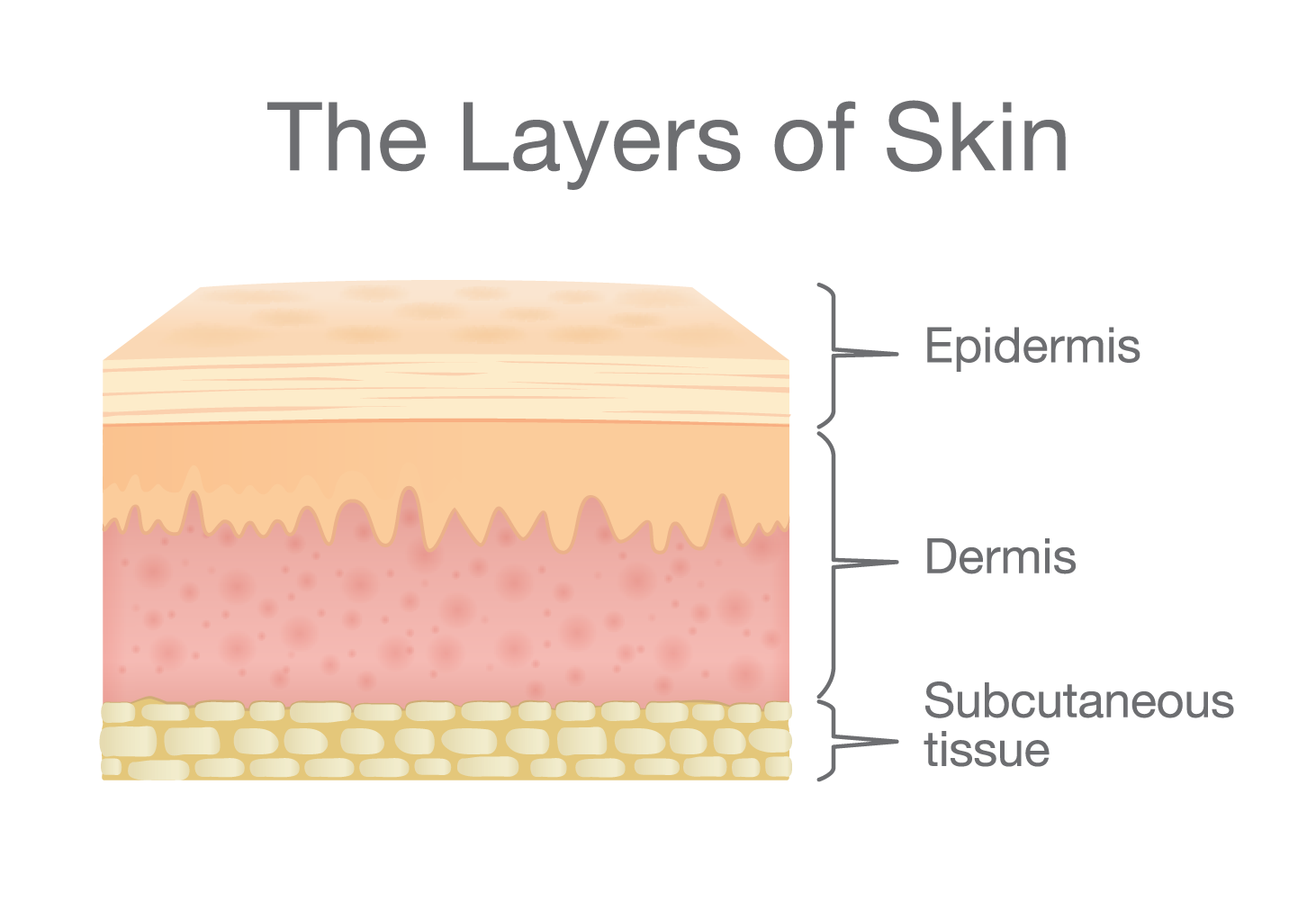Understanding Eczema
Atopic dermatitis, more commonly called eczema, is a life-long (chronic) disease that causes a red, itchy rash on the skin. The rash can appear as blisters on the skin or as red, scaly patches. Although it can show up anywhere on the body, it typically affects the hands, the elbows, backs of the knees, legs, feet, face and neck. In babies, it usually appears on the face, neck, wrists, stomach and in the folds of the skin. It typically shows up in childhood but can occur at any age. It is not contagious, yet it is very common. More than 30 million American have some form of the disease. Atopic diseases like eczema are inherited from the parents; however, environmental factors can play a part too. Those affected by atopic dermatitis usually have risk factors affecting their immune system and the skin barrier function. This makes the skin more vulnerable to flare-ups, which spontaneously appear, worsen and then improve. During flare-ups, the dry, scaly skin can become itchy and crack, leaving it vulnerable to bacterial and viral infections such as staphe and herpes. Although there is no cure, treatments are available to help manage symptoms and to improve the quality of life of patients and their families.
ATOPIC DERMATITIS (ECZEMA) QUICK FACTS
What Causes Eczema?At this time, the specific causes of atopic dermatitis are unknown. However, there is good scientific evidence that atopic dermatitis is likely caused by a combination of genetic and environmental factors. Children of parents with atopic dermatitis are more likely to develop atopic dermatitis. Sufferers of asthma and allergies are more likely to develop atopic dermatitis than the general population. Stress is also a known atopic dermatitis trigger for some people. If you do have atopic dermatitis, you may find solace in the fact that you are not alone. In fact, more than 30 million Americans have some form of the disease. Environmental Factors That Are Known to Affect Atopic DermatitisThere are a wide variety of environmental factors that may trigger your atopic dermatitis symptoms. Some of the common triggers are:
How Frequent is Eczema?The frequency of atopic dermatitis outbreaks vary from person-to-person. There are some known triggers for atopic dermatitis. If you notice your atopic dermatitis getting worse after exposure to one of these triggers, do your best to avoid future contact. Since atopic dermatitis is not contagious, you do not need to avoid contact with someone who has it. Since atopic dermatitis is a chronic recurring skin disorder with no cure, there is no way to permanently stave off atopic dermatitis outbreaks. However, proper daily skin care can go a long way in reducing their frequency. Regular cleaning, proper hygiene, and consistent moisturizing can make the disease much more manageable. Eczema and AllergyScientists are still studying the link between allergies and atopic dermatitis. Studies have shown that there is a positive correlation between parents with atopic dermatitis and seasonal allergies, and their children. Children of parents with atopic dermatitis are more likely to have atopic dermatitis than other children. While most types of atopic dermatitis are not allergic reactions, the disease can respond to allergic reactions. For example, someone with atopic dermatitis who is also allergic to pollen, may notice an eczema-related reaction in addition to his/her pollen allergy. Other Connections to AllergiesIn addition to the links mentioned above, patients with atopic dermatitis are more likely to have food allergies. Some common food allergies include:
If you notice a link between your atopic dermatitis and your allergies, you should do your best to avoid allergens. By avoiding your allergy triggers and documenting when flareups occur, you can limit the frequency of future cases of atopic dermatitis. Additional Information from the National Eczema Council (NEA)To learn even more about Eczema please visit our partner organization, the NEA. |

